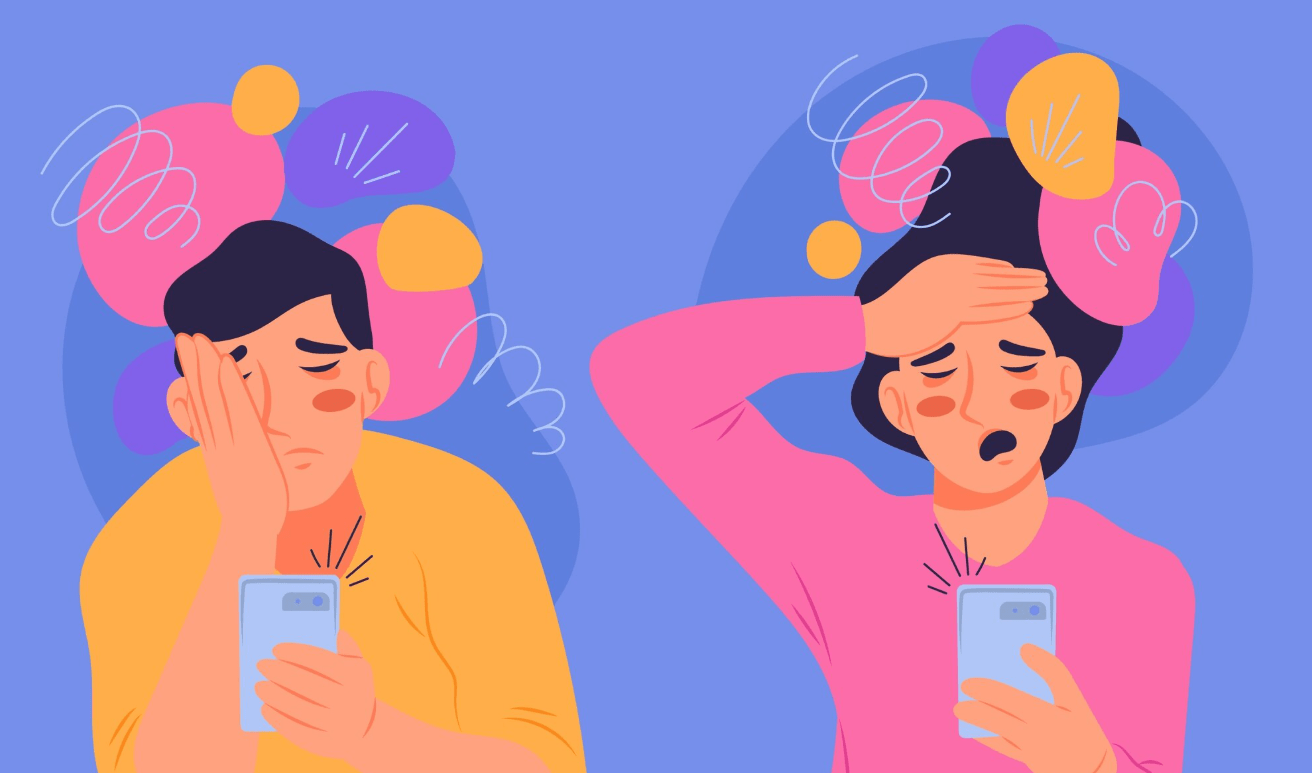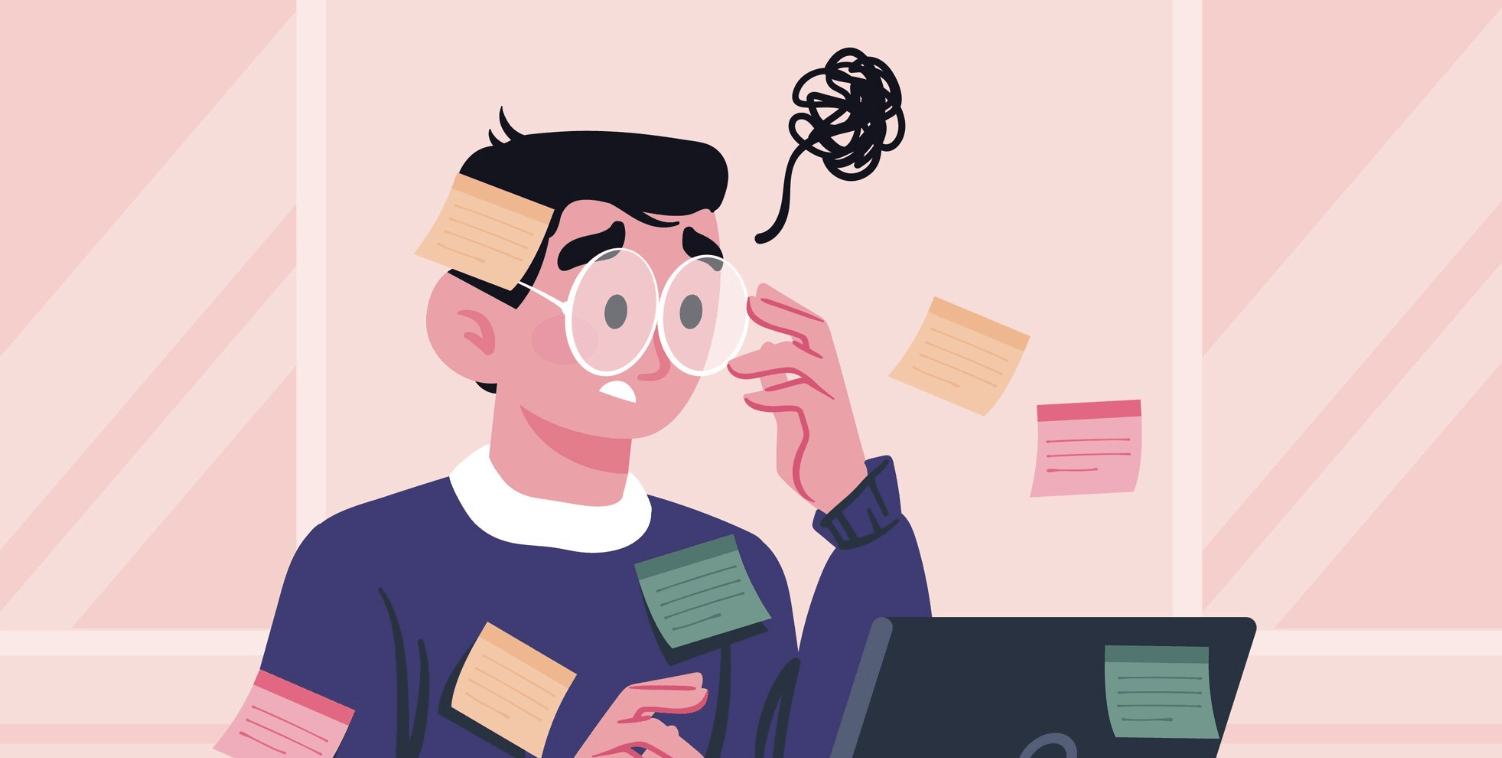How do I correct brain fog?

Brain fog is one of those annoying things that can hit anyone. You feel spaced out, forgetful, distracted, or just slow. It’s not a medical term, but it’s a real problem. If your brain feels cloudy, it can make work, studying, or even daily life harder.
The good news is brain fog is often reversible. With a few lifestyle tweaks, proper habits, and mental exercises, you can feel sharper, more alert, and focused again.
What Causes Brain Fog?
Brain fog doesn’t happen for no reason. Here are the most common causes:
- Lack of sleep: Not enough quality rest makes your brain sluggish
- Stress: High cortisol levels interfere with memory and focus
- Poor nutrition: Missing vitamins, minerals, or hydration affects mental clarity
- Illness or fatigue: Physical illness can slow cognitive function
- Medication side effects: Some prescriptions can cloud thinking
- Hormonal changes: Thyroid, menopause, or other imbalances
- Lack of mental stimulation: A brain that isn’t challenged regularly can feel sluggish
Understanding the cause is the first step toward fixing it.

Common Signs of Brain Fog
How do you know it’s more than just a sleepy day? Here are typical signs:
- Forgetfulness and poor memory
- Difficulty concentrating
- Slow thinking or processing information
- Confusion or mental disorientation
- Lack of motivation or mental fatigue
- Feeling mentally “cloudy” even after rest
If several of these happen often, it’s time to take action.
Daily Habits to Clear Brain Fog
Making small daily changes can give a big boost to mental clarity. Here are practical habits:
- Prioritize sleep: 7–9 hours of quality rest every night
- Eat brain-boosting foods: leafy greens, berries, fish, nuts, and stay hydrated
- Exercise regularly: 20–30 minutes a day increases blood flow to the brain
- Reduce stress: meditation, breathing exercises, or short walks outdoors
- Take mental breaks: step away from work or screens periodically
- Challenge your brain: puzzles, learning new skills, or daily brain games like Moadly
Brain Exercises That Work
Mental workouts are one of the fastest ways to improve focus and memory. Here’s a breakdown:
| Brain Skill | Activity | Example |
|---|---|---|
| Memory | Recall exercises, matching games | Moadly Memory Match, flashcards |
| Focus | Timed attention challenges | Moadly Focus Flash, reaction games |
| Logic | Puzzles and problem-solving | Moadly Logic Grids, Sudoku |
| Numerical reasoning | Quick mental math | Moadly Quick Math |
Even 10 minutes a day can help your brain feel sharper and reduce mental cloudiness.

Supplements and Nutrition
While food is the main fuel, some supplements can help:
- Omega-3 fatty acids for better memory and focus
- B-vitamins to support energy metabolism in the brain
- Vitamin D for mood and cognitive function
- Magnesium for relaxation and reduced stress
Always check with a doctor before starting new supplements.
Hydration Matters
Even mild dehydration can cause mental fatigue and brain fog. Tips:
- Drink water regularly throughout the day
- Limit excess caffeine, which can dehydrate
- Include water-rich foods like fruits and vegetables
Physical Exercise and Brain Fog
Exercise isn’t just for fitness. Physical movement increases oxygen and nutrient delivery to the brain. It also releases mood-boosting chemicals that reduce fog. Simple routines:
- Daily walk or jog
- Stretching or yoga in the morning
- Strength training 2–3 times per week
- Fun activities: dancing, swimming, martial arts
Mental Stimulation
A brain that isn’t challenged will feel sluggish. Mental stimulation keeps neural pathways active. Ideas:
- Daily brain games like Moadly that target memory, focus, logic, and math
- Reading or learning a new skill
- Puzzles and strategy games
- Creative hobbies: writing, drawing, music
Managing Stress and Mood
Stress clouds thinking and reduces mental clarity. Keep your brain fog-free with:
- Meditation or breathing exercises
- Short breaks during work or study sessions
- Regular outdoor time
- Social connections to reduce mental load

Tracking Your Progress
To fix brain fog, track your improvements:
- Keep a journal of foggy days and alert days
- Track sleep, hydration, and meals
- Use apps like Moadly to track mental game progress
- Notice patterns: which habits clear fog fastest
Sample Daily Routine to Beat Brain Fog
| Time | Activity |
|---|---|
| Morning | Drink water, healthy breakfast, 10-minute Moadly session |
| Midday | Walk, stretch, light exercise, hydrate |
| Afternoon | Focused work/study block, short brain games break |
| Evening | Creative activity or hobby, light meal, relaxation |
| Night | Sleep routine, no screens, journal about focus and clarity |
When Brain Fog Could Be a Medical Issue
Sometimes brain fog is more than lifestyle. See a doctor if you notice:
- Sudden, severe cognitive decline
- Memory lapses that affect daily tasks
- Confusion, disorientation, or trouble speaking
- Mood swings or depression with fog
- Persistent fatigue or brain fog that doesn’t improve with rest and diet
Medical conditions like tyroid problems, vitamin deficiencies, infections, or neurological disorders can cause fog and may need professional attention.
Why Daily Brain Training Helps
Brain fog often comes from underused or overstressed neural circuits. Daily brain training strengthens these pathways:
- Memory games improve recall and short-term memory
- Logic challenges make problem-solving faster
- Focus tasks reduce distractibility
- Moadly combines all these into short, fun games for daily mental workouts
Consistency is key. Even 10–15 minutes a day can clear fog in weeks.
Final Thoughts
Brain fog can feel frustrating, but it’s usually fixable. The solution is simple: sleep well, eat well, move, reduce stress, hydrate, and train your brain daily. Apps like Moadly make it easy to exercise memory, logic, focus, and math every day.
Track your progress, notice improvements, and stay consistent. Over time, you’ll feel sharper, more alert, andin control. Brain fog will lift, and your mental clarity will return.
Start today. Even a few minutes of Moadly, a healthy breakfast, and a short walk can make a noticeable difference. Your brain will thank you.
